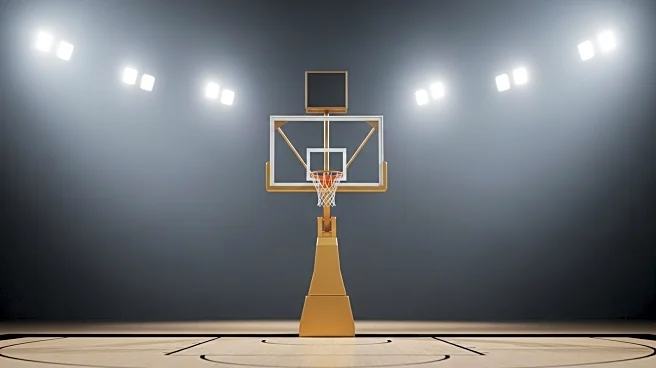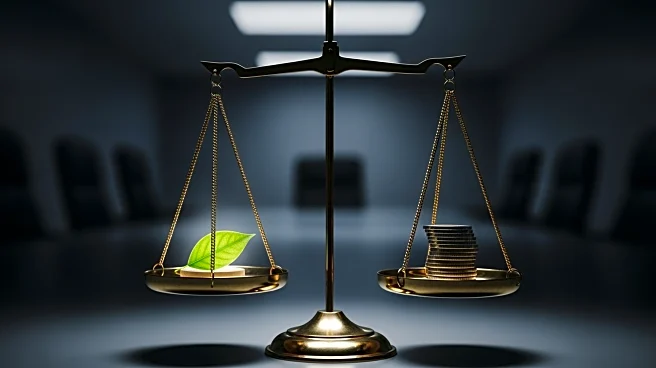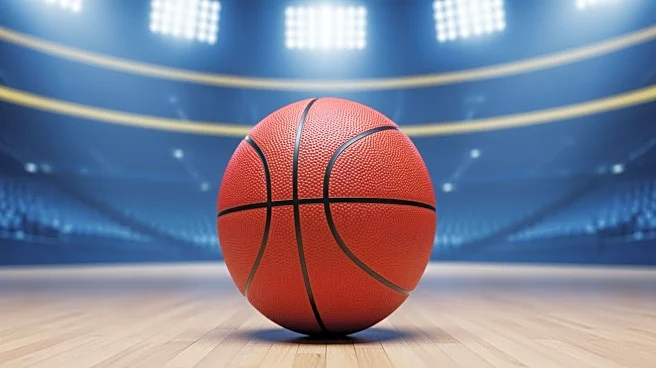What is the story about?
What's Happening?
Kara Lawson, a former assistant coach for the U.S. women's basketball team, has been appointed as the head coach. Lawson, who was part of the coaching staff for the 2024 gold-medal-winning team, will lead the team through major competitions leading up to the 2028 Summer Games in Los Angeles. She succeeds Cheryl Reeve, who coached the team to its eighth consecutive gold medal at the Paris Olympics in 2024. Lawson, a gold medalist as a player in 2008, aims to help her players experience the thrill of winning at international events. Her appointment was made by Sue Bird, the managing director of the USA Basketball women's national team.
Why It's Important?
Lawson's appointment is significant as it marks a new era for the U.S. women's basketball team, which has been dominant in international competitions. Her experience as both a player and coach provides her with unique insights into the pressures and challenges of high-stakes games. The U.S. team has won 60 consecutive Olympic games, but Lawson acknowledges the increasing competitiveness of international women's basketball. Her leadership will be crucial in maintaining the team's success and navigating the evolving landscape of global competition.
What's Next?
Lawson will focus on preparing the team for upcoming international tournaments, including the 2028 Summer Games. She will work closely with Sue Bird to select the coaching staff and players for these events. Lawson's experience with USA Basketball's 3-on-3 programs and her familiarity with young players like Paige Bueckers and Aliyah Boston will be instrumental in building a competitive roster. The team will aim to continue its legacy of excellence while adapting to the growing competitiveness of international women's basketball.
Beyond the Headlines
Lawson's appointment highlights the importance of leadership continuity and the role of former players in coaching positions. Her relationship with Sue Bird, a former rival and teammate, underscores the collaborative nature of sports leadership. This transition also reflects the broader trend of empowering women in sports management roles, which can inspire future generations of female athletes and leaders.















